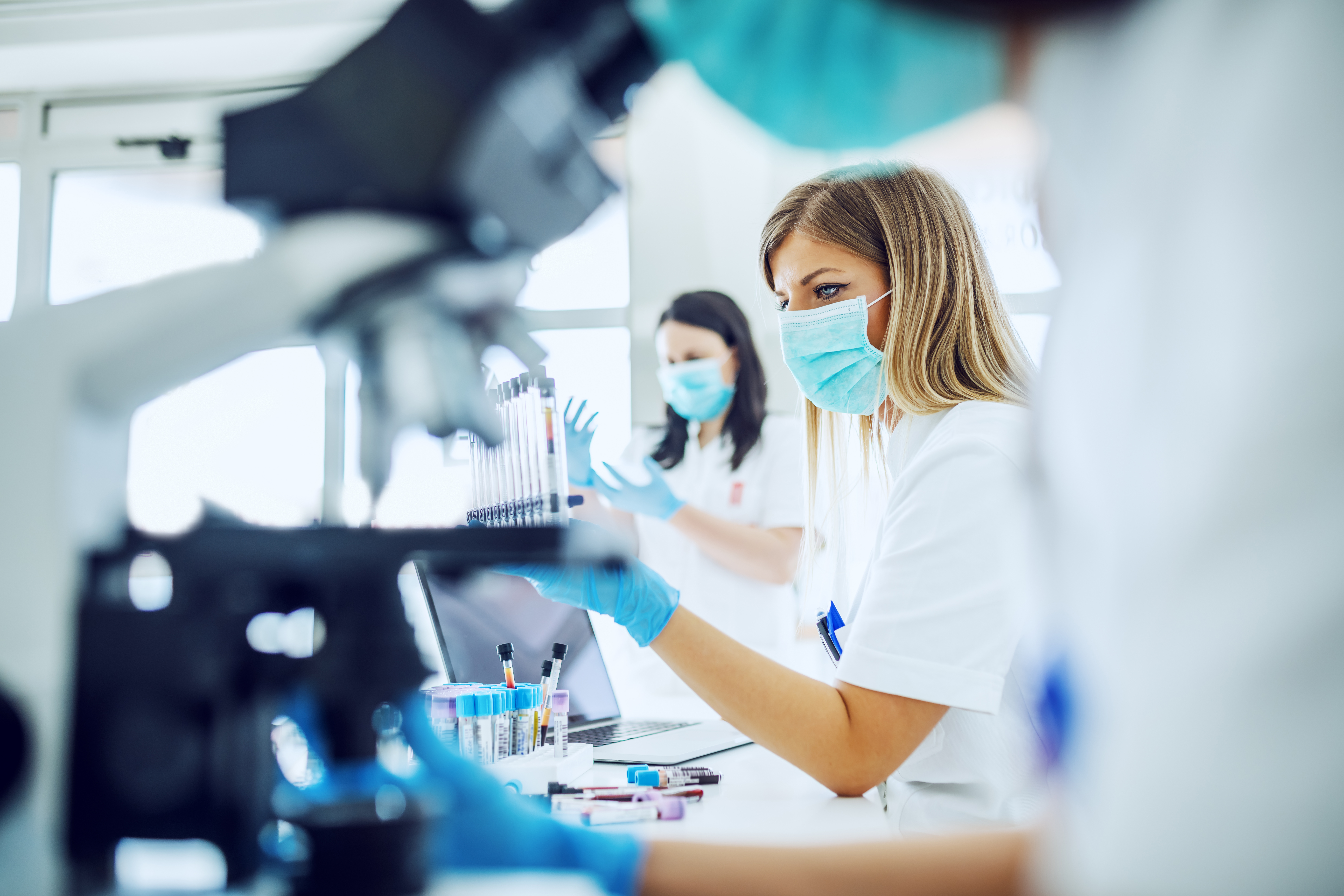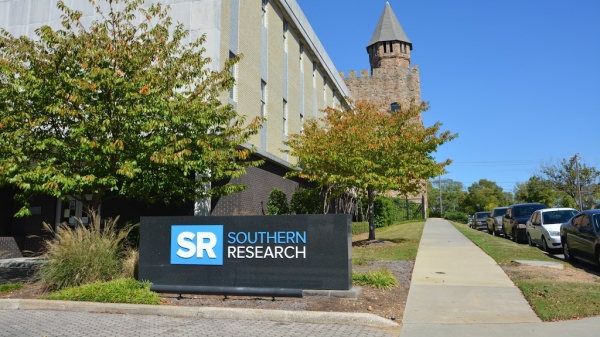Testing for COVID-19 in Alabama remains slow, due in part to inadequate capacity in the state’s lab to run the tests, and it’s a problem mirrored across the country, says an infectious disease expert in Birmingham.
Dr. Jeanne Marrazzo, head of infectious diseases at University of Alabama at Birmingham, said during a press conference Monday that the problems we’re seeing in Alabama’s public health lab is being seen in labs across the country, as COVID-19 continues to spread, the confirmed cases doubling by the day in many places.
Marrazzo said Dr. Scott Harris, state health officer, and the staff at the Alabama Department of Public Health are doing an incredible job and “trying their best, but the demand is really outstripping the resources that we have everywhere in the country, and probably everywhere in the world.”
Dr. Harris, speaking at a press conference earlier on Monday, said the state’s lab in Montgomery has enough tests to meet current demand, and can have results back in between 24 and 72 hours, but Marrazzo worries that the capacity to run the tests and provide results just isn’t there yet.
“That’s a whole other level of operationalization that we are still working on, so right now we’re still operating in a situation where it’s taking us 48 to 72 hours to get test results back. That’s not okay, we need same-day testing. We need test results really quickly,” Marrazzo said.
Even in labs in well-resourced cities are calling for more staffing to meet the testing demands, she said, and that’s when those labs have the test kits and reagents needed to get the results.
Politico reported on March 10 that the U.S. is struggling to access critical supplies needed to complete the tests.
Centers for Disease Control and Prevention Director Robert Redfield told Politico that he wasn’t confident that labs in the U.S. have the amount of reagents, which are chemicals needed to ready a sample to test.
“The availability of those reagents is obviously being looked at,” he told Politico. “I’m confident of the actual test that we have, but as people begin to operationalize the test, they realize there’s other things they need to do the test.”
The company Qiagen, a major supplier of those reagent kits, told MedTech Dive on Thursday that the massive worldwide demand for their kits is straining the company’s ability to produce enough.
“We are doing everything we can to manage our supply chains and meet the needs of customers in the most timely way possible,” a spokesperson for Qiagen told MedTech Dive.
Globally on Sunday, there were 153,517 conformed COVID-19 cases and 5,735 deaths, according to the World Health Organization. As of Monday afternoon, there were 28 confirmed COVID-19 cases in Alabama, and 17 of them were in Jefferson County, where two drive-thru sites were accepting testing samples last week.
Those two sites have since closed, and the company that operated them, Assurance Scientific Labs, announced plans to reopen Tuesday in a single site, at the Church of the Highlands Grandview campus in Birmingham.
“I would urge people to understand that the distribution of where we are seeing these cases has very much to do with where we are testing,” Marrazo said. “…We are still severely limited in our ability to rapidly diagnose these infections, largely due to the same troubles that we had last week, the diagnostic tests have not really been made available.”
Marrazzo urged the public to seek a test only if they have symptoms, which are a fever shortness of breath and a cough.
“We have prioritized testing for four general groups, and the bottom group is asymptomatic people,” Marrazzo said. “So we really do not want to use these scarce tests on people who don’t have symptoms. The most important people that we need to test are critically ill patients who are in the hospital.”
It’s those patients, Marrazzo said, who could jeopardize the medical workers who are treating them, as is happening in places such as Italy, Seattle, New York City and Boston.
An employee at East Alabama Medical Center in Lee County tested positive for the novel coronavirus, Dr. Harris said Monday.























































